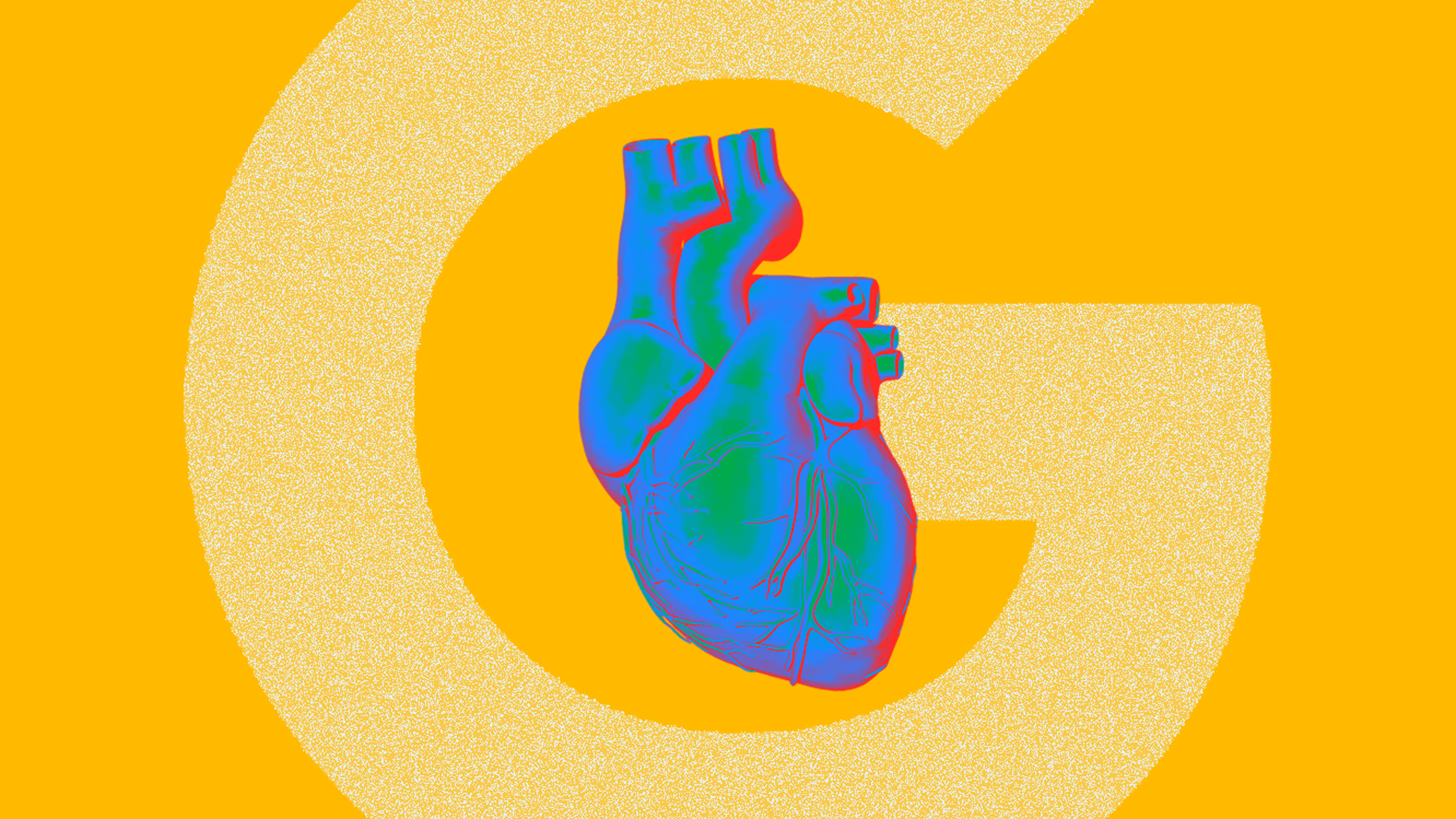Google backs a bid to use CRISPR to prevent heart disease

Ever wonder why some fortunate people eat chips, don’t exercise, and still don’t get clogged arteries? It could be because they’ve got lucky genes.
Now Alphabet (Google’s parent company) is bankrolling a startup company that plans to use gene editing to spread fortunate DNA variations with “one-time” injections of the gene-editing tool CRISPR.
Heart doctors involved say the DNA-tweaking injections could “confer lifelong protection” against heart disease.
Big idea: The startup, Verve Therapeutics, said it had raised $58.5 million from investors including Alphabet's venture fund, GV. What makes Verve different? Most gene-therapy companies have gone after rare diseases like hemophilia. But Verve thinks editing people’s DNA could instead help solve the most common cause of death.
Mutant clues: Scientists know that some people have low levels of bad cholesterol, without even trying. They even have a list of genetic mutations known to protect people from heart disease—differences in genes with names like PCSK9 and NPC1L1. Verve’s plan is to use CRISPR to install these types of beneficial mutations in other people.
Verve is keeping its gene list secret. But it’s likely they’ll try to edit people’s livers; that’s where fat gets processed before it ends up in your arteries. As part of its launch, Verve says, it is teaming up with its Google sister company Verily to work on delivering CRISPR via injections of nanoparticles.
Motivated founder: The company’s science will be led by Sekar Kathiresan, a geneticist who is leaving his post at the Broad Institute in Cambridge, Massachusetts, to join the company and whose older brother, Senthil, died of a heart attack. “Ultimately, we see this treatment as leading to many fewer deaths like my brother’s,” he says.
Fix is in you: Right now, to avoid heart disease you can pop statin pills, change your diet, and jump on an exercise bike. But people have a hard time sticking with it. The scientists at Verve think if they can install lucky genes in your body, you may not have to. Initially, Kathiresan says, the gene-editing treatment could be used on adults who have actually had a heart attack and want to avoid a second one.
Enhancement: Verve says it’s sticking to gene editing in adults. But let’s face it: it could be very tempting to introduce genetic enhancements like these into human embryos, too. In fact, it’s already been tried.
The Chinese scientist who created twin gene-edited girls in China made a genetic change to protect them from HIV. However, the same scientist, He Jiankui, also had an eye on heart disease. He edited scores of human embryos to remove PCSK9, something he believed would be a way to avoid this illness.
Correction: An earlier version of this article called the venture capital fund of Alphabet by its former name, Google Ventures. The fund is now called GV. As well, Senthil Kathiresan was the older brother of Sek Kathiresan, not his younger brother as we originally reported.
Deep Dive
Biotechnology and health
How scientists traced a mysterious covid case back to six toilets
When wastewater surveillance turns into a hunt for a single infected individual, the ethics get tricky.
An AI-driven “factory of drugs” claims to have hit a big milestone
Insilico is part of a wave of companies betting on AI as the "next amazing revolution" in biology
The quest to legitimize longevity medicine
Longevity clinics offer a mix of services that largely cater to the wealthy. Now there’s a push to establish their work as a credible medical field.
There is a new most expensive drug in the world. Price tag: $4.25 million
But will the latest gene therapy suffer the curse of the costliest drug?
Stay connected
Get the latest updates from
MIT Technology Review
Discover special offers, top stories, upcoming events, and more.